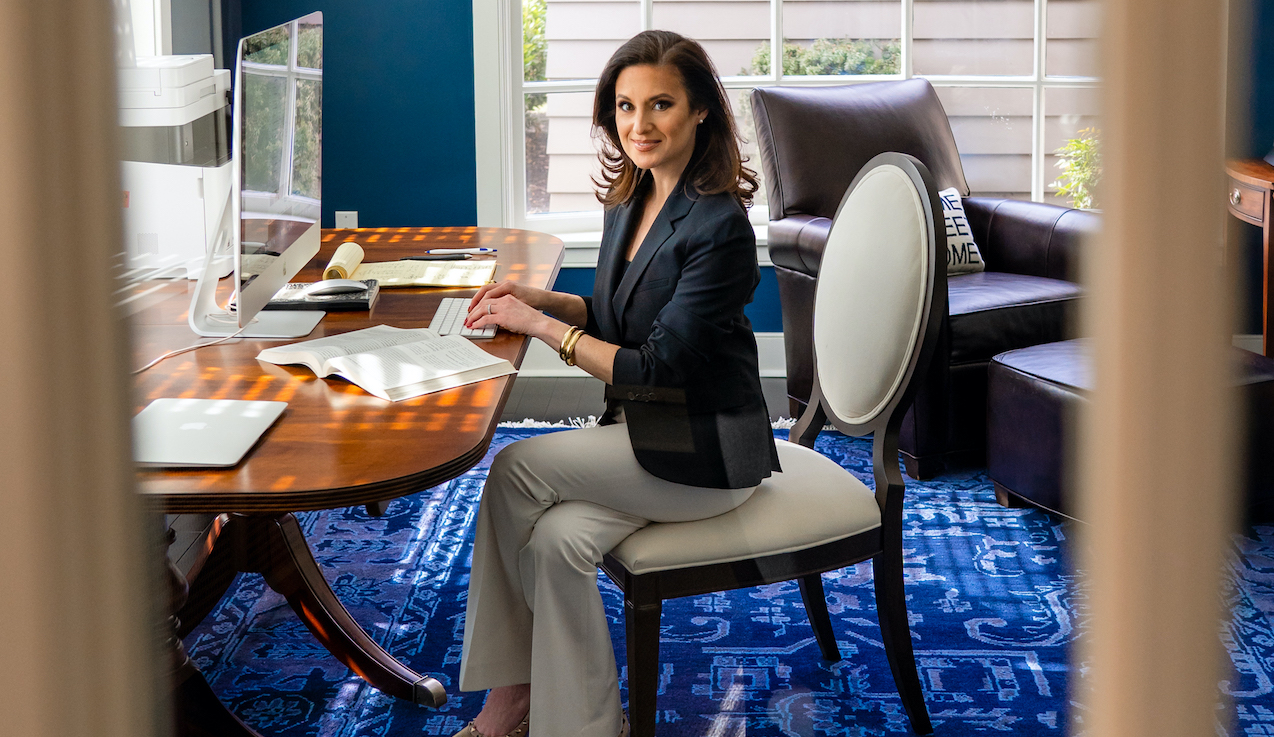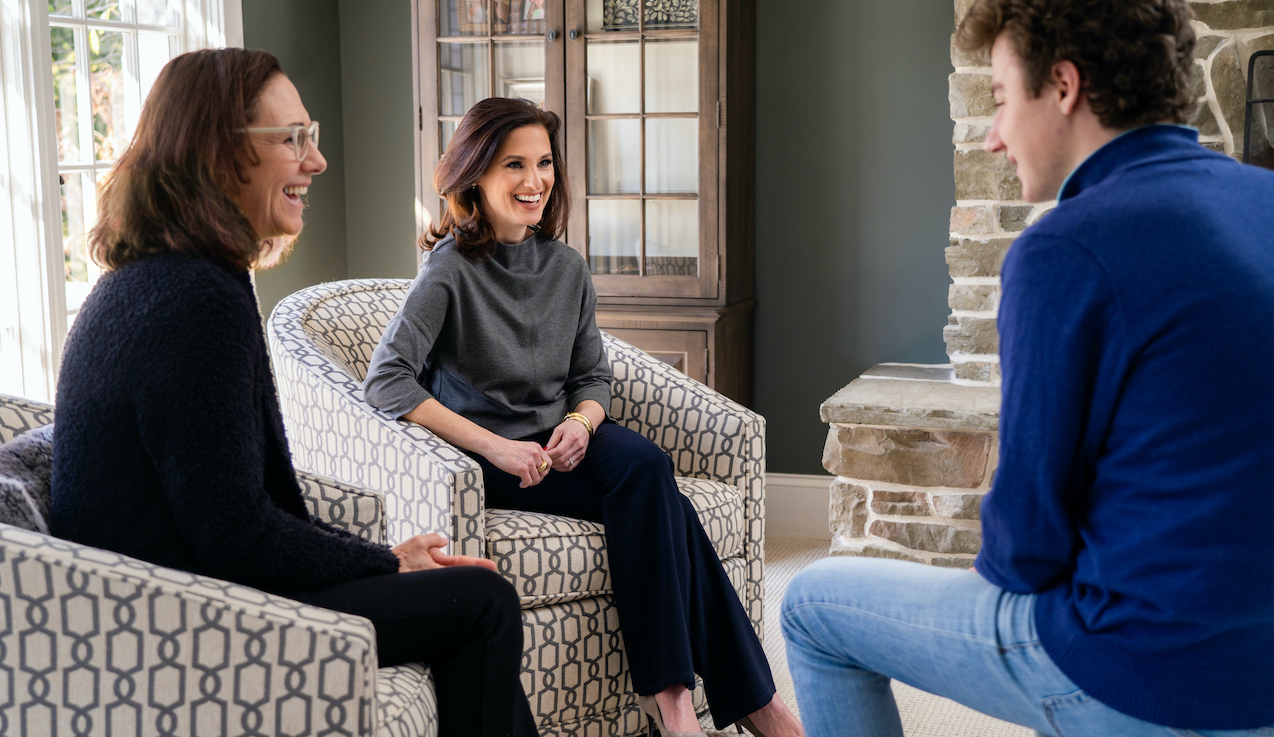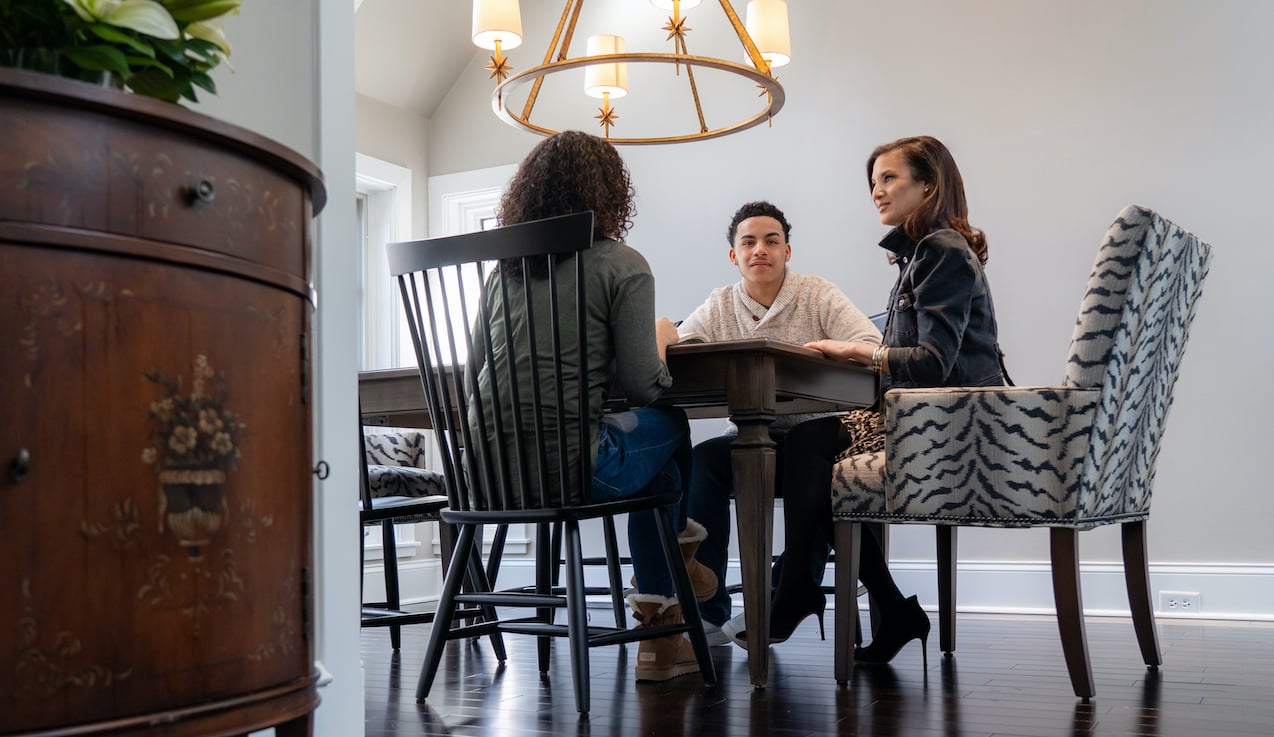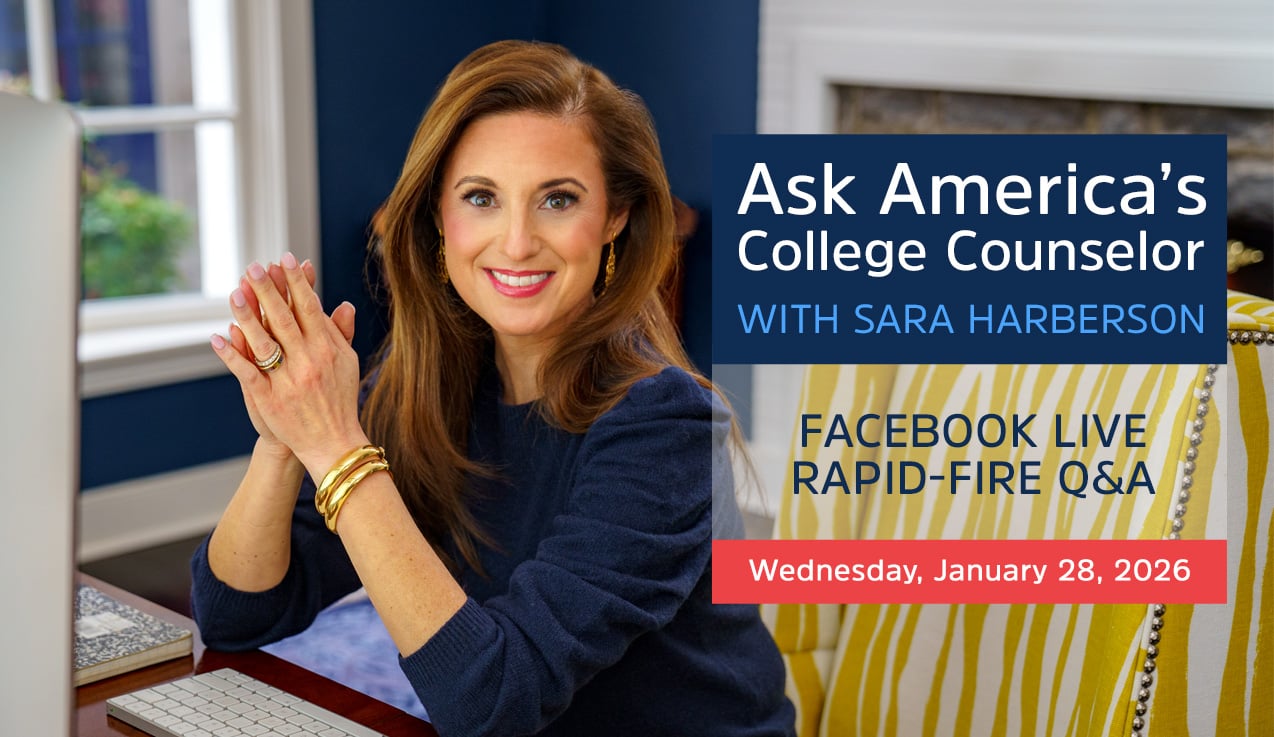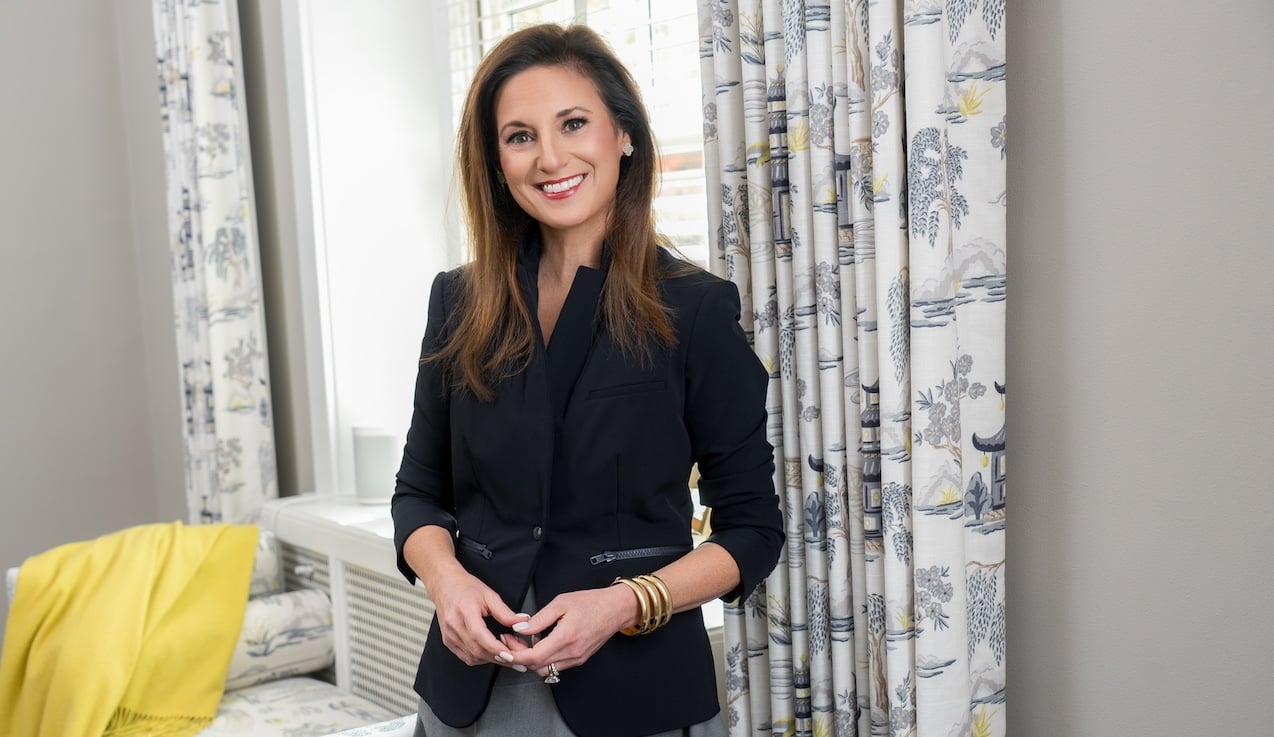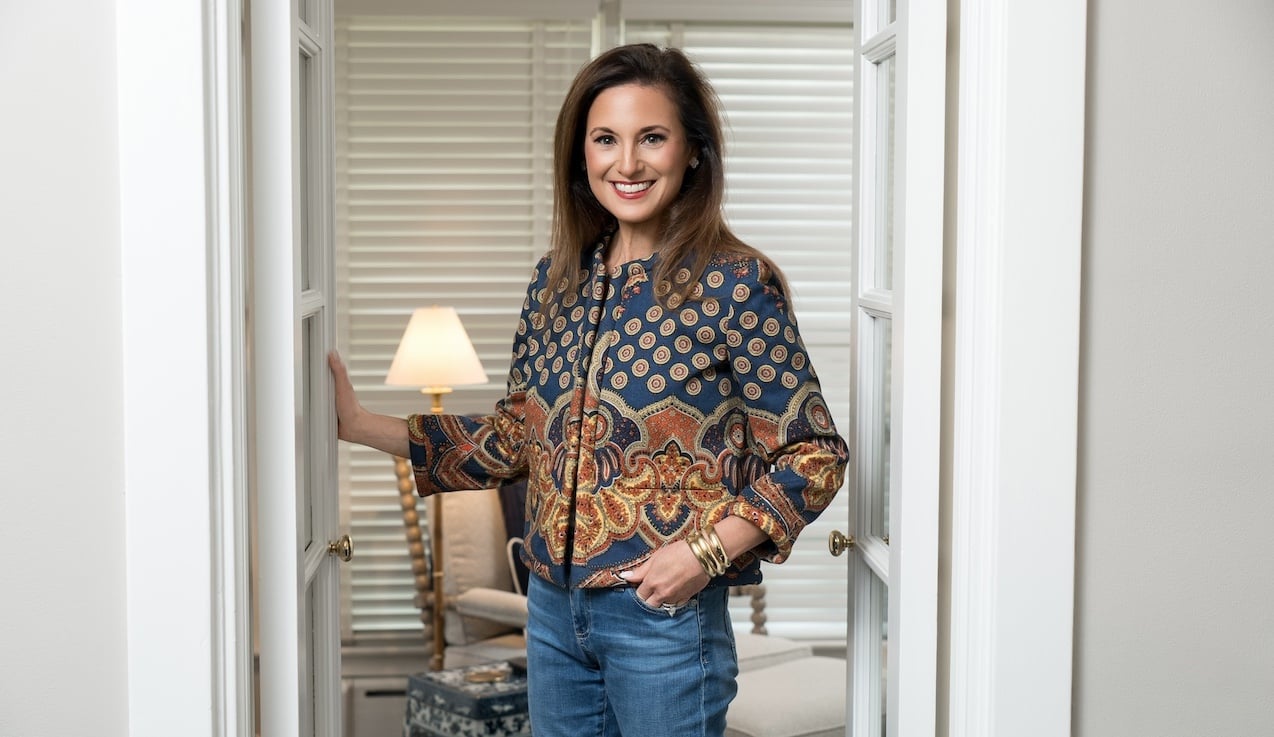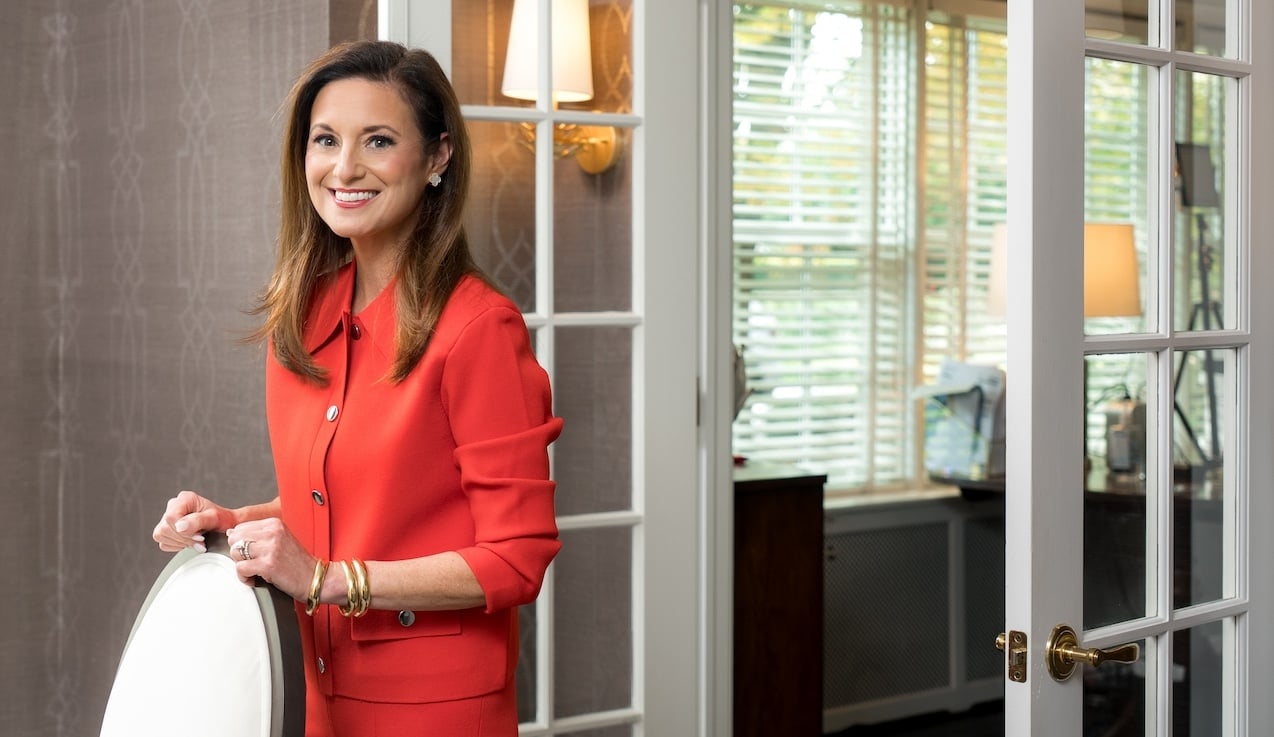Two nights ago, I started watching the presidential debate with my daughter begging to stay up a little longer. Before she fell asleep moments later, she asked me how old the "men" were. I giggled a bit. I looked it up to be sure. President Trump is 74 and former Vice President Biden is 77.
"There's one more," she said, "What about that man, Mommy?"
Ahh. That's Chris Wallace. He's a youthful 72.
As my daughter's eyes closed, I thought about the juxtaposition. Three white, septuagenarian men on America's largest stage. She and I, two white females—one seven-years old and one 45-years old—sitting on our couch together watching hubris play out before our "girl" eyes.
I thought about how women outnumber men in the workforce and in higher education. I considered how Blacks and Hispanics outnumber whites in elementary and secondary schools across the country. Yet women, Blacks, and Hispanics get paid less across every industry. We rarely hold the highest "office" in any industry. And we fail to see individuals like ourselves represented in the highest office in the land.
In the field of college admissions, leadership is changing and evolving, though. The deans are younger, more diverse, and often female. Their predecessors held their jobs for decades, entrenched in the old-boys network of favors, nepotism, and sexual misconduct. This new crop of deans will face a shorter tenure. Having to clean up discriminatory admissions practices and eliminating unfair advantages ruffles feathers and chisels at the underpinnings of an antiquated, biased institution. I know. I was once young, female, and a dean of admissions with a short tenure.
Related reading:
White, Male, and Pedigreed: What it Takes to Become a Leader in College Admissions
The latest scandal out of California where dozens of students were admitted inappropriately and hundreds more were admitted under questionable circumstances at the University of California reminds us how political the field of college admissions is. We learned that a U.S. senator's husband, who also served on the Board of Regents for the University of California, recently wrote a letter to the UC Berkeley chancellor for an uncompetitive student. It worked. The student was admitted. I thought to myself that things really haven't changed. I remember the countless cases I saw when I worked on the college side of the process. Someone picked up the phone. Someone wrote a letter. Someone furtively arrived to speak to those in charge. No one looked like me: not that "someone"; not my boss; not even the student who was automatically being admitted as a result.
My daughter fell asleep before the insults, interruptions, and insensitive commentary began during this week's debate. I wouldn't want her to see that. Instead, I want her to have different role models. I want her to believe that she could be on that stage.
I will keep talking and writing. I will keep speaking out. I will vote. For that seven-year old girl asleep on the couch next to me. Only then will we see things change. In college admissions. In every profession. In every school. And in every office across the land.


